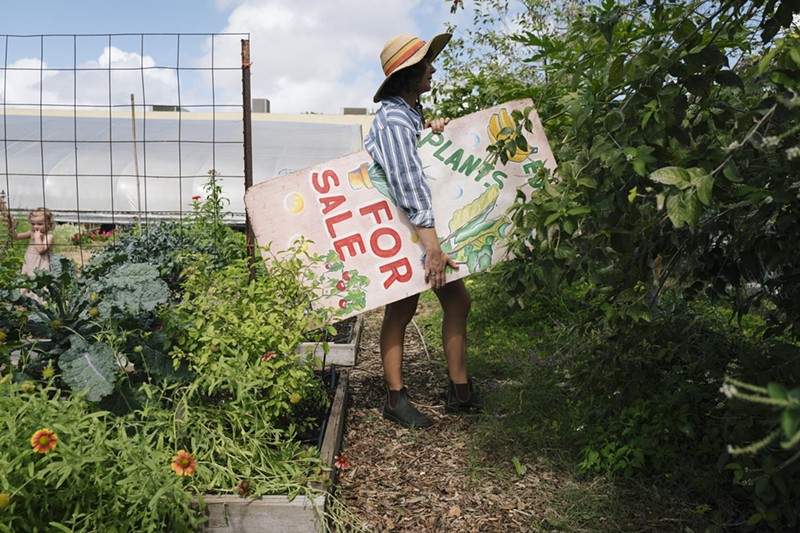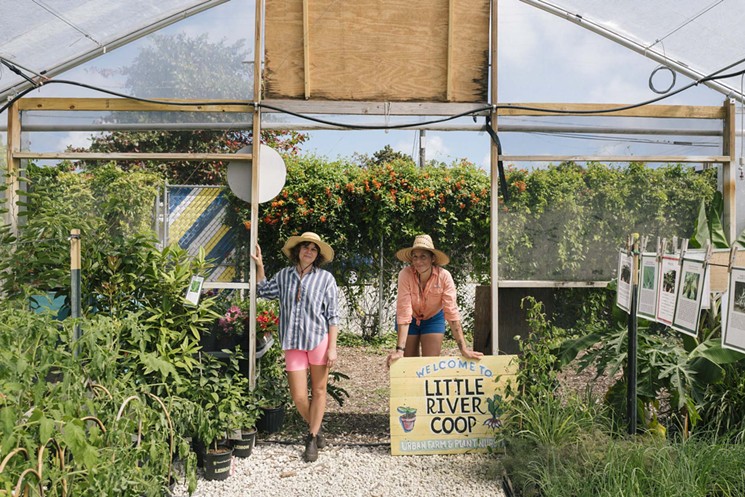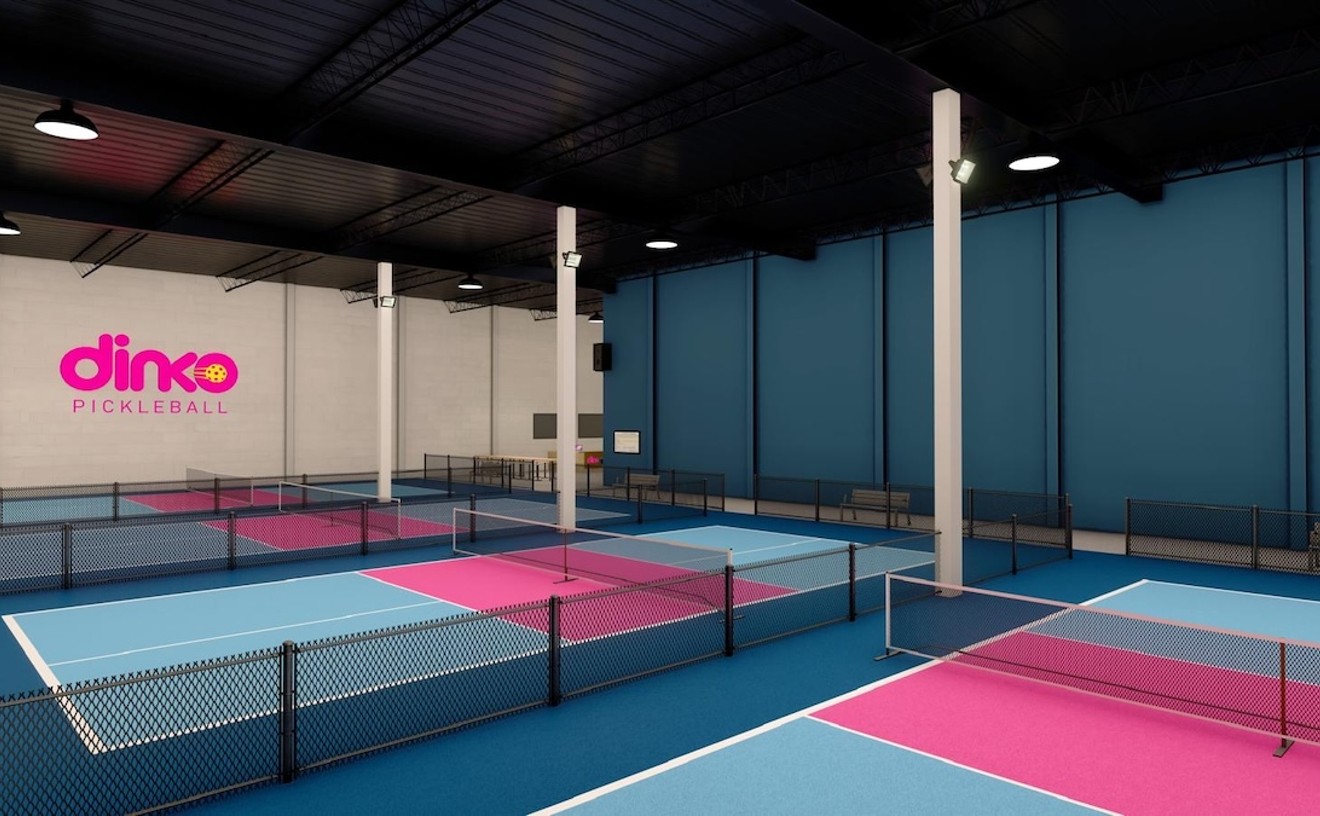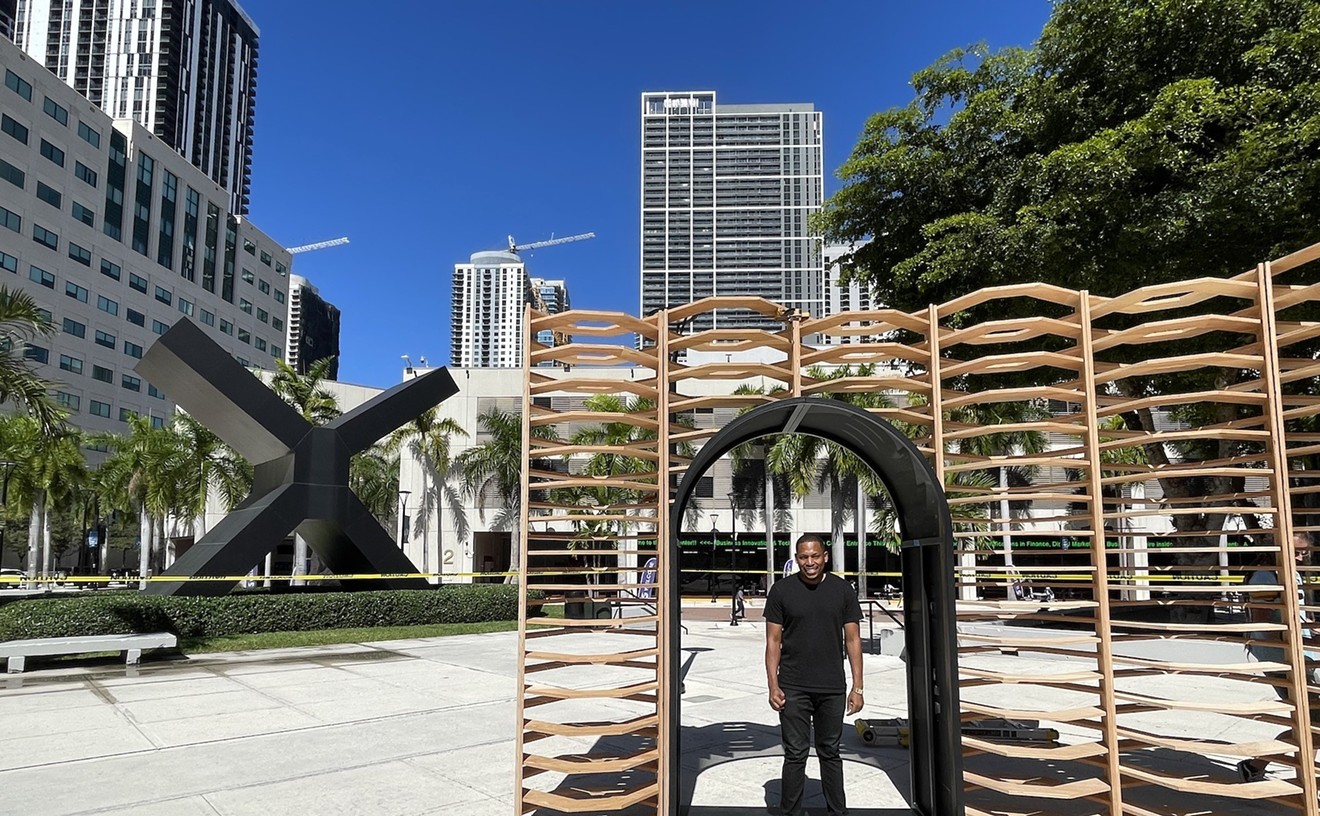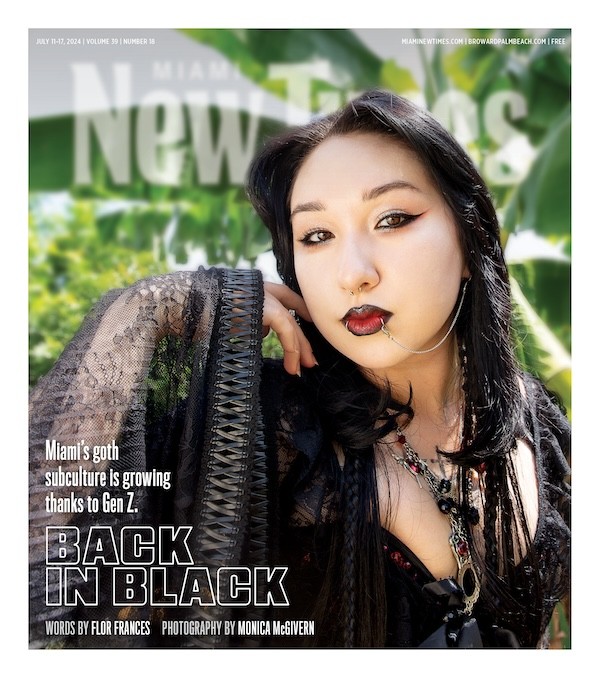To Daniel Rodriguez, manager of family-owned Casaplanta, it's clear the recent plant craze isn't specific to us.
"It's all over the country," Rodriguez says, explaining that he has remained in communication with plant vendors and growers via Facebook groups and forums. "Nationwide, what people are saying is: herbs and houseplants. I feel like herbs were a direct consequence of COVID."
This makes sense if you remember the massive food dumping that commenced in mid-April. As restaurants and schools stopped preparing meals and grocery shelves became barren, farmers and ranchers all over the U.S. paradoxically poured fresh milk into the ground and left vegetables to rot in the springtime sun. Panic buying and price gouging reached a peak of seemingly apocalyptic proportions. (Did we even realize how much we rely on toilet paper?)
"It really put into perspective. What if I can't go to Publix? What if I can't go to the farmers' market?" Rodriguez says. "We didn't know if those places were going to re-open. People want more self-sustainability."
"Some people were panic gardening," says Tiffany Noe, co-owner of Little River Cooperative, which specializes in culinary gardening specific to South Florida's seasons and climate, including selling plants and building garden beds in people's backyards. "I feel like it was our duty to tell them, 'Slow down. It's OK. Your family will be fed' — not just take their money."
Noe and her partner Muriel Olivares have been coping with increased demand for their plants and services, even though South Florida's growing season begins in October owing to its subtropical climate. Both Noe and Rodriguez acknowledge that some of the greenrush was instigated by experienced gardeners not being able to browse plants in person over an extended period. That's why Noe initially thought to have customers send their plant orders to her directly via text.
"When I look back on it, it was totally ridiculous what we were doing," she acknowledges. "I thought maybe people who have gardens already would text me and be like, 'Save me a Thai basil and a wing bean.' Not this monster."
Little River couldn't have possibly prepared its inventory for the recent public hunger, either, given that the majority of its plants are grown in-house from seed or cuttings, requiring months to develop before being ready for sale. So the place got cleaned out. Its final plant sale before closing for summer didn't even make it to its last scheduled day.
"I told the public it was the last sale, and it became this giant thing," Noe says. "We set up a circuit with a separate entrance and exit. Only four people were allowed in the whole nursery at one time, but we legit ran out of plants. Literally, in one weekend, everybody bought everything.""Some of this stuff, I literally can't grow it fast enough."
tweet this
Across town at Galloway Nursery, horticulturist and self-proclaimed resident plant geek Mike Heckart is witnessing the same frenzy. While Galloway is more like Casaplanta in that the majority of its stock consists of ornamental plants from wholesale growers, a similar pattern — new gardeners turning up in masks and in awe of the sheer diversity of green things has emerged.
"To some extent, it's one of those things that people will often say, 'Oh yeah, one of these days I'll get around to putting in a vegetable garden.' It's easier to talk about doing it than actually doing it," Heckart observes.
But with newfound ample time and the increasing stress brought on by months of cabin fever, tough projects gain a new appeal.
"The stuff is moving as fast as it comes in. Some of this stuff, I literally can't grow it fast enough," Heckart adds.
As each of these local businesses continues to adjust, the hope is that this isn't just a flash in the pan. Casaplanta is continuing to crowd-control and has slashed its delivery fees in half. Along with her local farmer partner Chris French, Noe has become "the most reluctant YouTube personality," as she moved Little River Co-op workshops online. Olivares and Noe are also taking the opportunity to build more private garden beds during what's typically their quiet season. They're planning to coordinate pop-up sales that may even culminate in "a real store" to open in the fall. Regardless of whether the growing trend endures, it seems as though the act of watching a small, seemingly helpless living thing struggle into life gives people a dose of perspective and hope.
"It's glorious to take care of a living being," Heckart says. "It definitely makes you more connected. There's this realization that none of us exist in a vacuum. We are connected to the world around us, and it's not just people."

